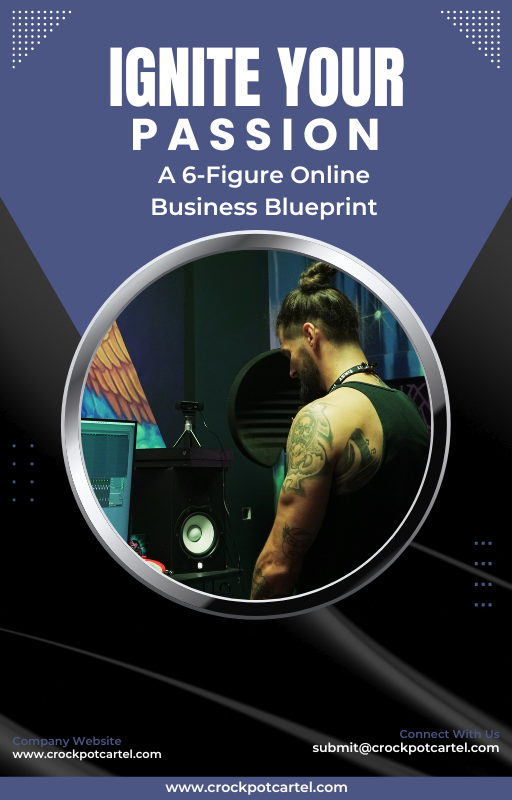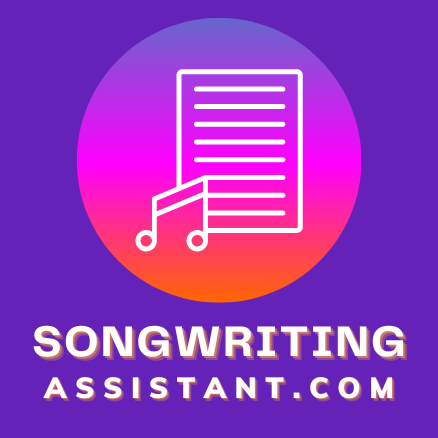
About Us
Welcome to Crock Pot Cartel! We're so glad you found us.
Our company was founded by Bobby Everything in Dayton, Ohio in April 2021.
Bobby has been making music since 2005, and has been recording, producing, and mixing for many years.
He started his first marketing company in 2006 and has run successful campaigns for many artists. He's experienced in digital marketing, street team promotion, event coordination, music business, label operations, and much more.
Bobby's journey hasn't always been easy. He struggled with drugs, hustling, and the street life, and even did time in prison. But he turned his life around and started Crock Pot Cartel while in drug treatment. What started as just a music review show has now grown into a worldwide team of professionals that offer professional services catered toward independent artists.
At Crock Pot Cartel, we're passionate about helping independent artists succeed. Whether you need help with digital marketing, street team promotion, event coordination, or anything else, we're here to support you. Our team is made up of experienced professionals who know the industry inside and out, and we're committed to helping you achieve your goals.
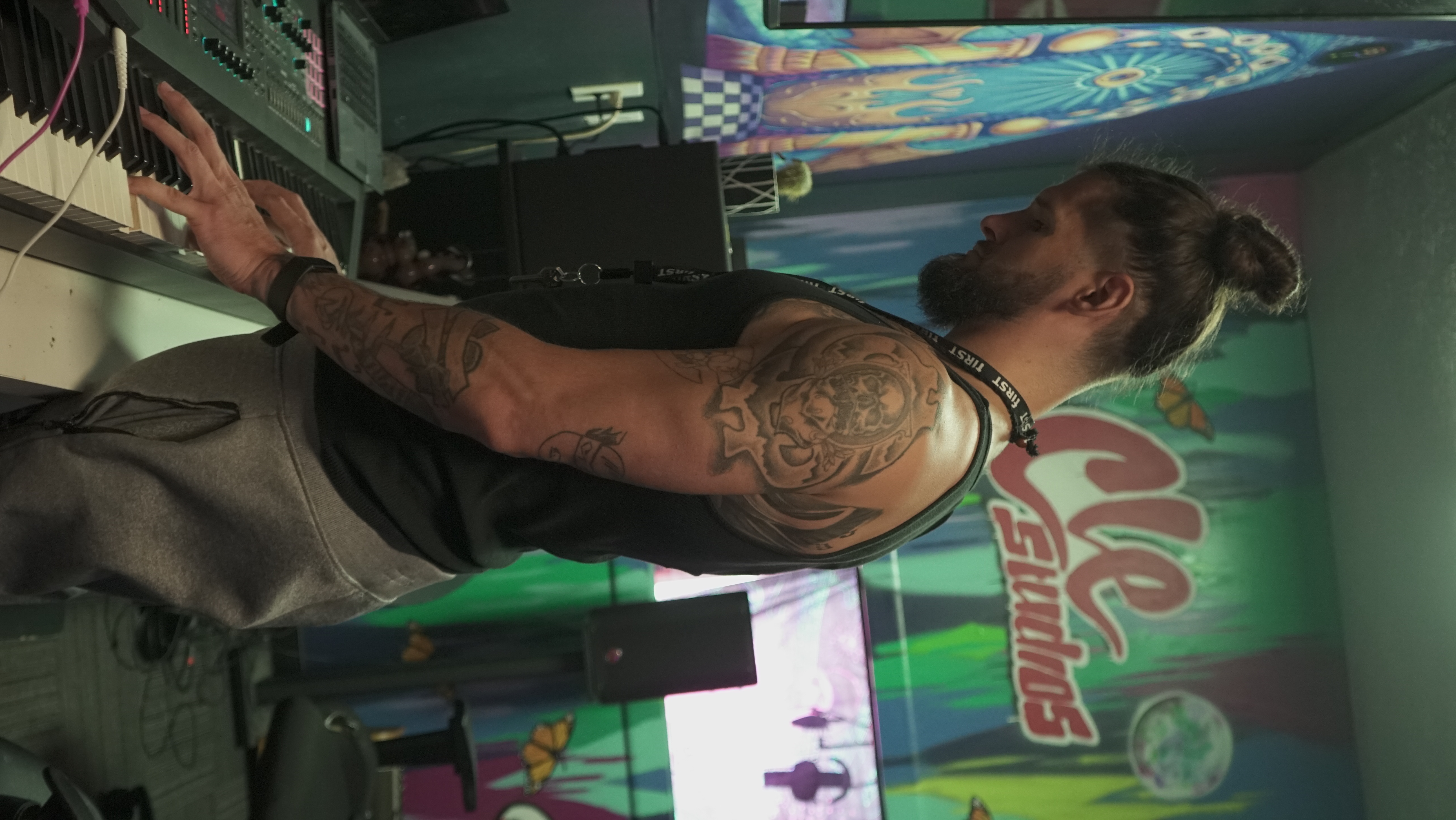
Thank you for considering Crock Pot Cartel. We look forward to working with you!
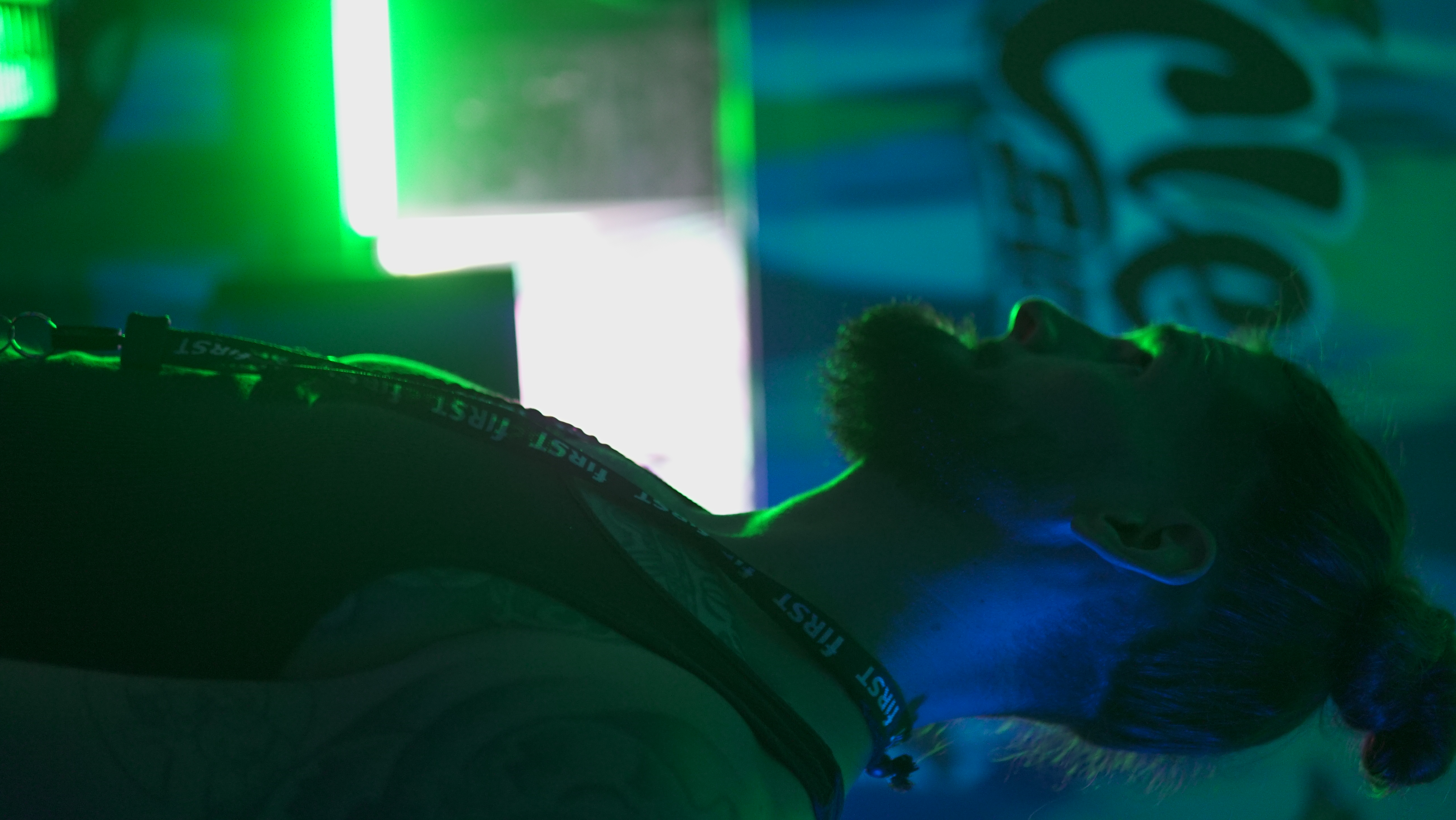
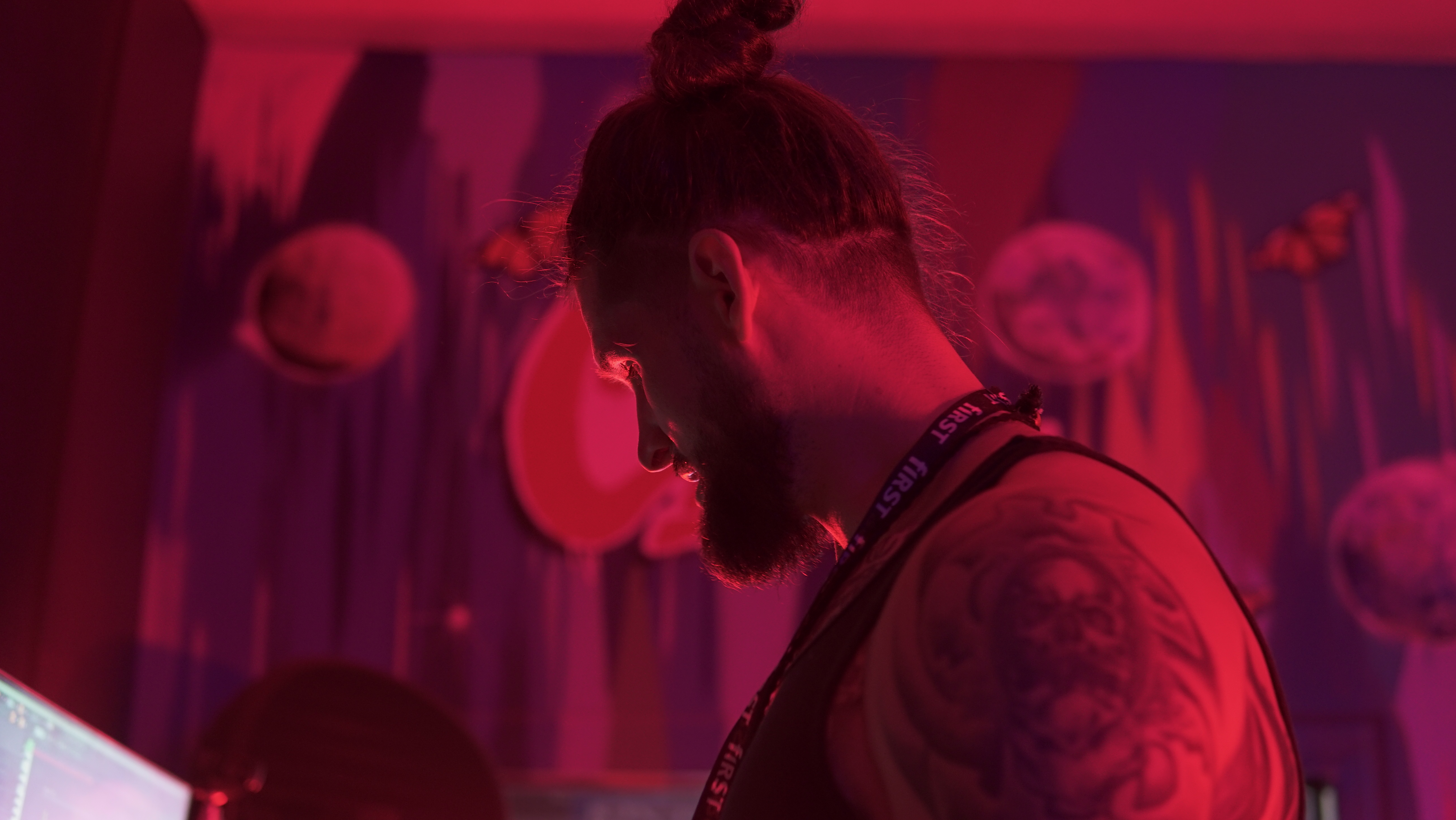
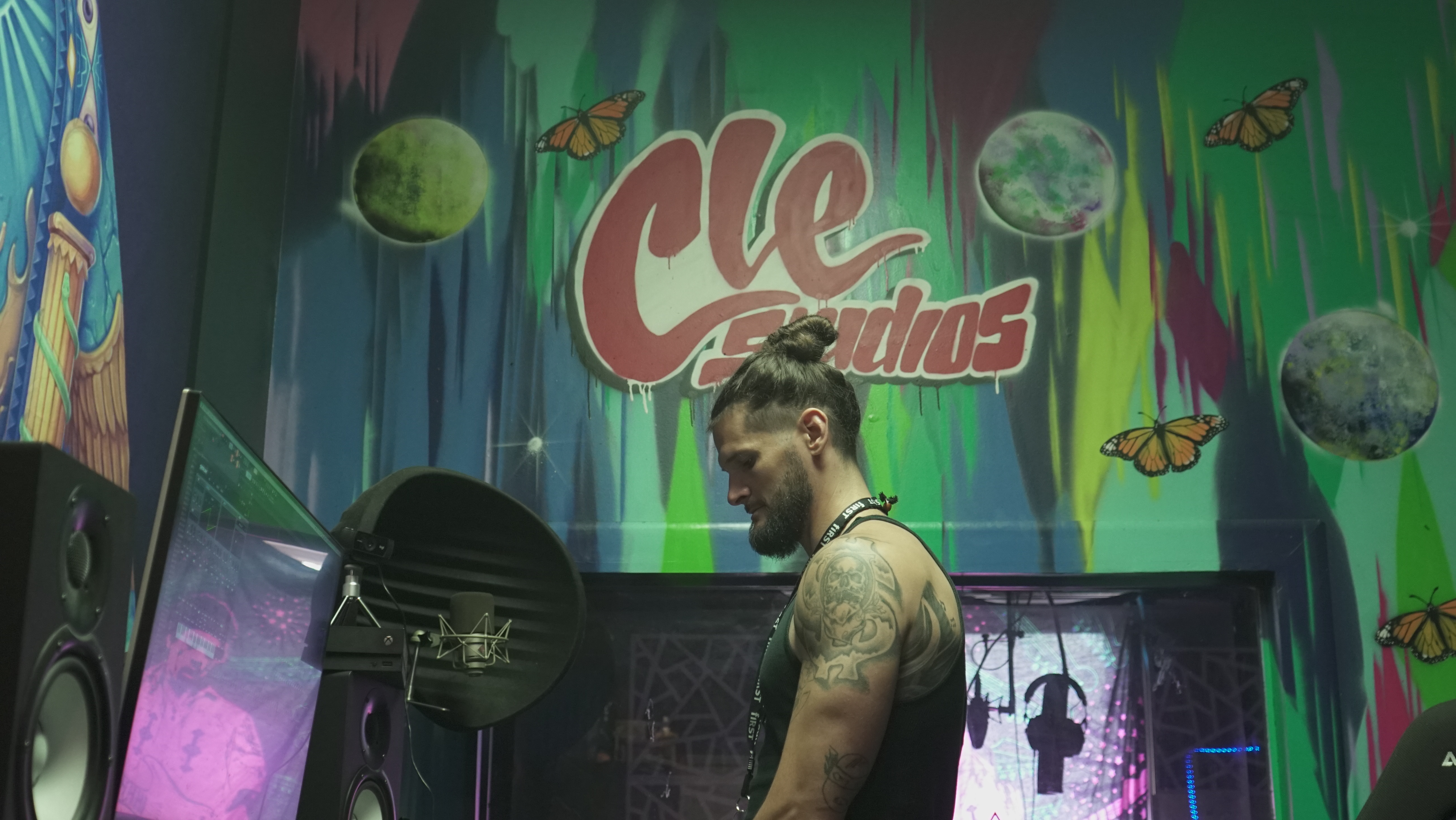
Crock Pot Cartel Blog

Get Ready for Tyler Runyan's Cinematic Sound!
Tyler Runyan is an up-and-coming artist who has made a splash with his diverse sound and inspired compositions. He draws inspiration from his time in the US Army and his family's musical lineage, and has honed his skills through his studies at Full Sail University. Tyler has been able to connect with industry-leading professionals, such as producer Ken Caillet, composer Dave Kropf, and producer Leslie Brathwaite, and now has his own studio, Eagle-6 Studios.
Tyler's music is a unique mix of genres, with a cinematic sound that is aggressive and evocative. He works on his music track-by-track, allowing each element to evolve as it needs to. His creative process also starts with the mood he brings to each session - if he's recently connected deeply with a movie or piece of music, his music will take on a more cinematic quality.
Tyler draws his inspiration from his own studio, which he has meticulously developed. He has also had the privilege to learn from mentors like Mike Grant and Colt Capperrune, who have helped him refine his sound and incorporate industry-standard techniques.
Tyler views music as a realm devoid of competition, but he admits that self-doubt is his biggest adversary. He enjoys sharing his vulnerable side with the world and never gives up on his goals. He encourages his fans to do the same and not give up on their dreams.
If you're looking to experience Tyler Runyan's cinematic sound, you can find his music on Spotify at https://open.spotify.com/artist/5mtSFQzIGr6FatSIfFrXFA?si=-hGiqW83QCisT0j5cnqD4Q or contact him through Instagram at https://www.instagram.com/the_eaglesrage/. His email is [email protected]. Get ready to be taken away by Tyler Runyan's cinematic sound!## Get Ready for Tyler Runyan's Cinematic Sound!
Tyler Runyan is an up-and-coming artist who has made a splash with his diverse sound and inspired compositions. He draws inspiration from his time in the US Army and his family's musical lineage, and has honed his skills through his studies at Full Sail University. Tyler has been able to connect with industry-leading professionals, such as producer Ken Caillet, composer Dave Kropf, and producer Leslie Brathwaite, and now has his own studio, Eagle-6 Studios.
Tyler's music is a unique mix of genres, with a cinematic sound that is aggressive and evocative. He works on his music track-by-track, allowing each element to evolve as it needs to. His creative process also starts with the mood he brings to each session - if he's recently connected deeply with a movie or piece of music, his music will take on a more cinematic quality.
Tyler draws his inspiration from his own studio, which he has meticulously developed. He has also had the privilege to learn from mentors like Mike Grant and Colt Capperrune, who have helped him refine his sound and incorporate industry-standard techniques.
Tyler views music as a realm devoid of competition, but he admits that self-doubt is his biggest adversary. He enjoys sharing his vulnerable side with the world and never gives up on his goals. He encourages his fans to do the same and not give up on their dreams.
If you're looking to experience Tyler Runyan's cinematic sound, you can find his music on Spotify at https://open.spotify.com/artist/5mtSFQzIGr6FatSIfFrXFA?si=-hGiqW83QCisT0j5cnqD4Q or contact him through Instagram at https://www.instagram.com/the_eaglesrage/. His email is [email protected]. Get ready to be taken away by Tyler Runyan's cinematic sound!
The Interview
Q: What was the role of music in the early years of your life?
I've been composing music on and off while serving with the U.S. Army, primarily as an EDM artist. However, it wasn't until the COVID-19 pandemic hit that I made the decision to seriously enhance my musicianship and music production skills. I pursued this passion through Full Sail University, which played a pivotal role in shaping my music career today. This journey ultimately led me to achieve a significant milestone: membership in the Country Music Association (CMA) based in Nashville, Tennessee in which opened many doors with various genres of music that I have had the pleasure to work on. Through my studies, I was able to work hands on with industry-leading professionals such as producer Ken Caillet (Michael Jackson, Pink Floyd), composer Dave Kropf (Disney, CBS, Sony), Producer Leslie Brathwaite (Cardi-B, Snoop Dogg), and many others.
Q: Are you from a musical or artistic family?
I hail from a musical lineage, with my father, Terry Runyan, serving as the frontman for the band Exit-2. Being raised in this environment exposed me to invaluable insider insights into the music industry, garnered from the perspective of a seasoned live performer. Alongside my father's mentorship, my mother, Sian Runyan, played a pivotal role in shaping my career by imparting her expertise in entertainment marketing strategies. Together, their guidance and support have propelled my music onto mainstream platforms.
Q: Who inspired you to be a part of the music industry?
Producer Colt Capperrune served as a major source of inspiration in my journey into the music industry. His mentorship exposed me to critical techniques that I now apply daily, significantly enhancing my ability to streamline the mixing and mastering processes.
Q: How did you learn to sing/write/play?
Initially, I learned to compose by ear and crafted numerous orchestral arrangements without the benefit of formal training or music theory knowledge. However, since my enrollment at Full Sail University in 2021, I've had the opportunity to refine my sound and, in a sense, "sharpen my sword" by incorporating industry-standard techniques that have propelled my music to new heights.
Q: What was your first music teacher like?
My initial encounter with a "true" music mentor was Mike Grant at Smoky Hill High School. While he exuded an air of calm and collectedness, he imparted essential lessons on how to maintain composure under pressure. He also encouraged me to embrace calculated risks, guiding me towards constructive environments within the music industry.
Q: What was the first instrument you learned to play?
My initial foray into music began with the piano, but I swiftly transitioned to the electric guitar shortly thereafter. This shift occurred during my high school years in 2012 when playing the piano wasn't considered "cool." Over time, I've evolved into a accomplished multi-instrumentalist, mastering not only the guitar but also drums, keys, bass guitar, and guitar. This journey culminated with the establishment of my own studio, Eagle-6 Studios, in 2021.
Q: What is the story behind your band/artist name?
While there isn't an elaborate narrative behind my artist name, as I go by my birth name, the genesis of my studio name, Eagle-6 Studios, carries a meaningful backstory. It draws inspiration from a call sign I adopted during my tenure with the 101st Airborne Division during my military service. The term "Eagle" symbolizes the division I proudly served in, while the number "6" signifies a specific position within a military unit—in this case, the commander of that unit. Eagle-6 Studios was christened as a heartfelt tribute to my military service.
Q: What was the first concert that you ever went to?
The first concert I attended was the Beach Boys with my grandfather James A. Wright who helped groom my taste in different genres and timeframes of music.
Q: How could you describe your music?
My music is a diverse amalgamation of various genres, driven by my creative instincts and mood at the time of composition. However, a common thread unites all my musical creations—they exude an aggressive, cinematic essence.
Q: Describe your creative process?
My overarching creative process begins with the mood I bring to each session. If I've recently connected deeply with a movie, my music tends to take on a more cinematic quality. On other occasions, I craft my music track by track, allowing each element to evolve individually.
Q: What is your main inspiration?
My primary source of inspiration is the studio I meticulously developed. The creation of my own "dream" workspace has fostered a heightened sense of motivation and creativity that fuels my compositions from the moment I begin.
Q: What musician/artist do you admire the most?
I hold immense admiration for the Swedish band Electric Callboy. They not only come across as a close-knit and playful friend group but also exhibit exceptional skills in musicianship and songwriting, setting a remarkable standard in both aspects.
Q: What is one message you would like to give to your fans?
My message is a simple yet powerful one: Never give up. Each obstacle that crosses your path is merely a detour, not a roadblock. It's within your power to muster the inner strength necessary to persevere and reach the finish line of any life goal you aspire to achieve.
Q: How would you describe your fans?
My fans share a special closeness with me, consistently recognizing the authentic me, regardless of the day of the week. From the very beginning, I've made it a priority to connect with each of my followers, offering a more personalized and genuine experience.
Q: Do you create for yourself or for your fans?
I craft my music with the intention of bringing joy to everyone who listens, considering any compensation received as an added bonus.
Q: Do you prefer to listen to music or create it?
I find value in both. Listening to music not only inspires me but also aids in enhancing my creativity during the composition process.
Q: Did your style evolve since the beginning of your career?
While my preferred genres have evolved over time, I believe my overall style has remained relatively consistent. I have a deep affinity for the aggressive nature that permeates most of my music, even in some of my softer arrangements.
Q: Who do you see as your main competitor?
In my perspective, self-doubt looms as my most formidable adversary. I view music as a realm devoid of competition, but the persistent self-doubt that creeps in before unveiling my creations to the world invariably fills me with trepidation.
Q: Would you agree that it is very important to learn, study and understand old music and
music history?
In my view, music theory can be advantageous but is not an absolute necessity, as long as you possess a well-developed ear. However, I wholeheartedly concur that exposure to a diverse range of music genres over the years undeniably plays a pivotal role in shaping an artist's stylistic attributes within their compositions.
Q: If you could have a musician tag along with you on tour for one month , who would you
choose?
Collaborating with Kelsea Ballerini is a dream of mine, as her vibrant energy and innate ability to infuse fun into her music could undoubtedly transform the creative process into a more enjoyable and relaxed endeavor.
Q: What do you enjoy most about being an artist?
I derive immense satisfaction from revealing my vulnerable side and sharing my creations with the world.
Q: What skills are most useful in the music industry?
I have found that the basic knowledge of audio engineering techniques has helped in more ways than one during any productions.
Q: How do you handle frequent travels and being away from home for long periods of time?
I take it one day at a time
Q: How do you handle working evenings and nights?
I actually have my best inspirations at night, as I feel more in tune with my creative side during the midnight hours.
Q: When was the last time you performed in front of a huge audience?
I have never performed live
Q: Tell me about your best performance?
My best performances are via social media platforms as I feel I have control over what I want my audience to see.
Q: . Tell me about your worst performance?
My inaugural appearance on a YouTube live video, armed with a modest $20 microphone from Walmart, held high expectations for me. However, the reality proved quite different, as I found myself struggling to maintain the structure of my presentation and frequently losing track of my intended topics.
Q: Do you experience stress before going on stage?
I always do
Q: What would you do if the audience looked bored during your performance?
I would attempt to continue on however it would ruin my performance.
Q: How do you energize the audience?
By being myself
Q: What is the biggest problem you have encountered in the journey of music?
Not knowing if I am going to make it in the long run within the music industry.
Q: If you could change one thing about the music industry, what would it be?
I would change the whole "Atmos" debacle. This has caused such undo stress on all up-and-coming artists and producers alike that it took away a lot of the magic of what music is all about.
Q: Have you ever participated in any music competition?
No, music is not a competition
Q: What are your plans for the coming months?
I hope to graduate from Full Sail University and further expand my music studio services by becoming more competent in my craft.
Q: Do you have any artistic collaboration plans?
Yes I plan on working with the host of Crock-pot-Cartel in the near future.
Q: What does your typical day look like?
I typically tend to the needs of my family during the daylight hours then about 10pm is when I can seclude myself in my studio and just write music.
Q: How do you think social media has changed the music industry?
Social media has served as a powerful platform, enabling independent artists to share their names and music with the public. It's a double-edged sword, however, as I've observed that people's reactions can range from ruthless criticism to overwhelmingly positive responses. This can pose significant mental challenges, especially for emerging artists who haven't yet cultivated the resilience needed to handle such varying feedback.
Q: What does your typical weekend look like?
I try to reserve myself for my family during the weekends.
Q: How do you balance the music and your other obligations-school, family, etc?
I space out my time by having the daytime hours reserved for dealing with work/family obligations then offer my time in the evening to compose and further develop my craft.
Q: What is the best gig you’ve ever played?
I haven't had a gig
Q: What is the saddest song you've ever heard?
Definitely Céline Dion's song That's The Way It Is as its positive and a listener can relate to it even in the toughest of times.
Q: What are your interests outside of music?
I enjoy being outdoors spending time with my family and meeting like minded individuals.
Q: What is your email?
Q: What is your Artist Name?
Tyler Runyan
Q: Provide a link to your music.
https://open.spotify.com/artist/5mtSFQzIGr6FatSIfFrXFA?si=-hGiqW83QCisT0j5cnqD4Q
Q: Provide a link where people can contact you.
"Ignite Your Passion:6-Figure Online Business Blueprint"
FREE COURSE
Sign up for our free course and learn how to turn your passion into a successful online business.
I agree to terms & conditions provided by the company. By providing my phone number, I agree to receive text messages from the business.
